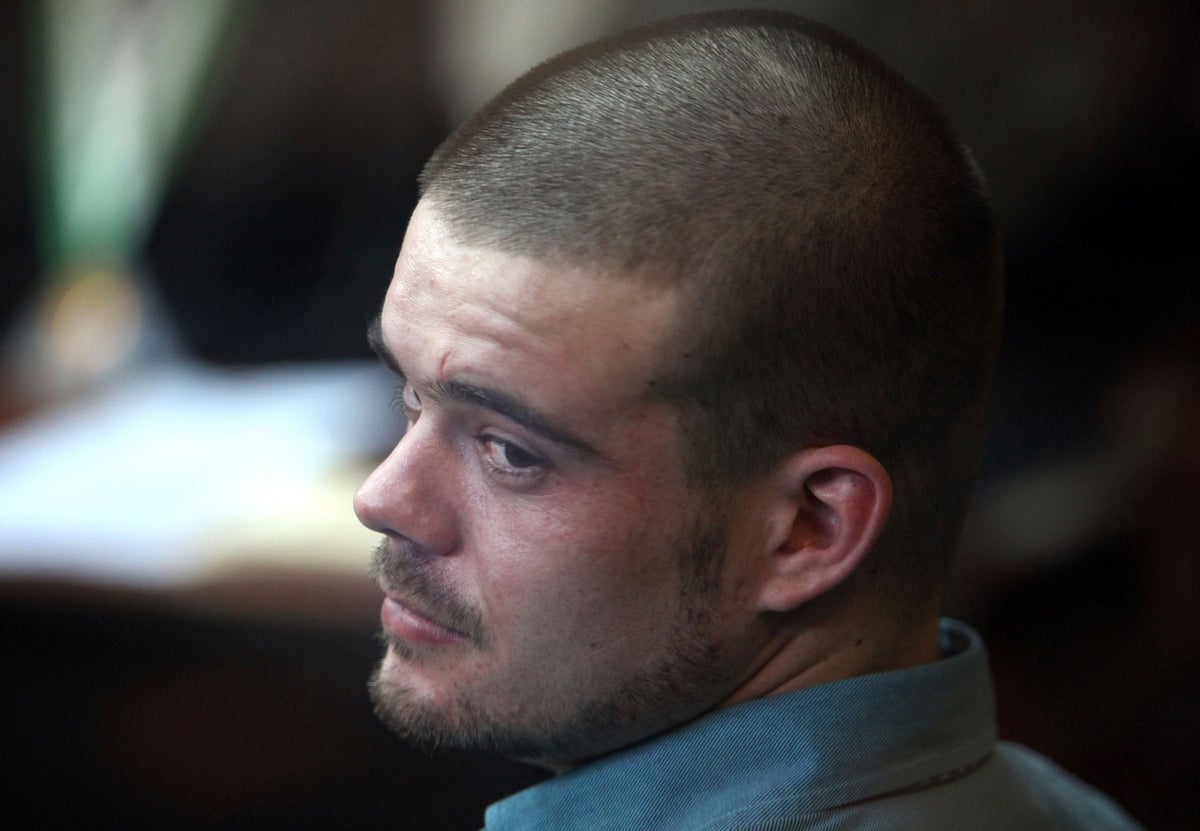
A Peruvian judge on Tuesday affirmed this week's planned extradition to the U.S. of the main suspect in the unsolved 2005 disappearance of American student Natalee Holloway.
The judge's ruling came less than 24 hours after the attorney for Dutchman Joran van der Sloot filed a writ of habeas corpus in an attempt to stop the custody transfer. Magistrate Elmer Morales informed the suspect of his decision in writing.
Law enforcement authorities scheduled the extradition for Thursday.
Van der Sloot's attorney, Máximo Altez, filed the challenge Monday after his client changed his mind and decided to fight the government's decision to send him to the U.S. to be prosecuted on wire fraud and extortion charges.
Van der Sloot earlier had indicated he wouldn't challenge the extradition, but Altez said his client changed his mind after a meeting with Dutch diplomats. The lawyer argued in the habeas corpus challenge that van der Sloot hadn't been properly notified about the extradition process.
Van der Sloot had arrived Saturday at a corrections facility in Lima, the capital, after a long ground trip under strict security measures from a prison in the Andes, where he was serving a 28-year sentence for the murder of a Peruvian woman.
The government of Peru announced May 10 that it would temporarily transfer custody of van der Sloot to authorities in the U.S. to face trial there.
Holloway, who lived in suburban Birmingham, Alabama, was 18 when she was last seen during a trip with classmates to the Caribbean island of Aruba. She was last seen leaving a bar with van der Sloot, who was a student at an international school on the island.
Van der Sloot was identified as a suspect and detained weeks later, along with two Surinamese brothers. Holloway’s body was never found, and no charges were filed in the case. A judge later declared Holloway dead.
The federal charges filed in Alabama against van der Sloot stem from an accusation that he tried to extort the Holloway family in 2010, promising to lead them to her body in exchange for hundreds of thousands of dollars. A grand jury indicted him that year on one count each of wire fraud and extortion.
Also in 2010, van der Sloot was arrested in Peru for the murder of 21-year-old Stephany Flores, a business student from a prominent family who was killed five years to the day after Holloway’s disappearance. Van der Sloot pleaded guilty in Flores’ case in 2012.
A 2001 treaty between Peru and the U.S. allows a suspect to be temporarily extradited to face trial in the other country. The time that van der Sloot ends up spending in the U.S. “will be extended until the conclusion of the criminal proceedings,” including the appeal process should there be one, according to a resolution published in the South American country’s federal register. The resolution also states that U.S. authorities agreed to return the suspect to the custody of Peru afterward.
The young woman’s mother, Beth Holloway, in a statement released after Peruvian authorities agreed to the extradition last month said the family is “finally getting justice for Natalee.”
“It has been a very long and painful journey, but the persistence of many is going to pay off,” Beth Holloway said.







